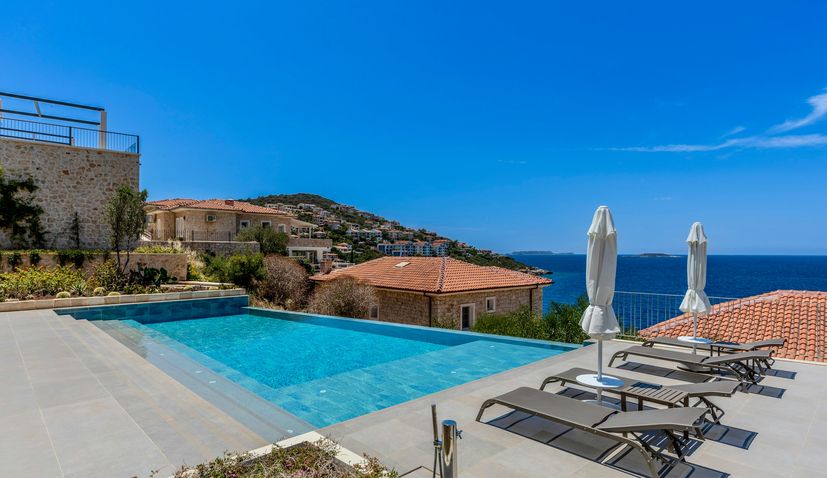Short-term rentals on Croatian coast losing profitability
- by croatiaweek
- in Business

Croatia
This year, most private accommodation providers along the Croatian coast can expect lower profits compared to last season.
A big analysis from tportal reveals that the combination of increased tax burdens and operating costs, along with limited scope to raise prices, is putting pressure on a once-lucrative business model that supports a large portion of the coastal population.
Investing in short-term rental properties on the coast has become notably less profitable following the loss of its “tax haven” status.
A return of at least 5% is generally considered acceptable, meaning it would take 20 years to recoup the initial investment.
However, current conditions make achieving such a return increasingly difficult.
For example, a 60m² apartment with four beds, typically costing around €180,000, can be rented for an average of €120 per night.
Yet, once all fixed and variable expenses are factored in – including taxes, utility costs, agency fees, and maintenance – profit margins shrink considerably,
With 60 days of occupancy, costs eat up 57% of gross income, dropping to 38.5% with 120 days.
Even then, the net income only just approaches the desired 5% return, underscoring the challenge for most owners, tportal writes.
Recent legislative changes have led to a sharp increase in taxation.
The flat-rate income tax has jumped, especially in highly developed tourist areas, where it now ranges from €100 to €300 per bed – more than double previous levels.
To improve profitability, property owners are advised to invest in better equipment, amenities like parking or pools, and strong marketing.
Luxury rentals in prime destinations such as Dubrovnik or Hvar may still yield up to 30%, albeit with significantly higher upfront investment.

Local hosts, particularly those living in the area, may fare better by reducing costs through personal labour and adding income streams via local produce or tourism services.









